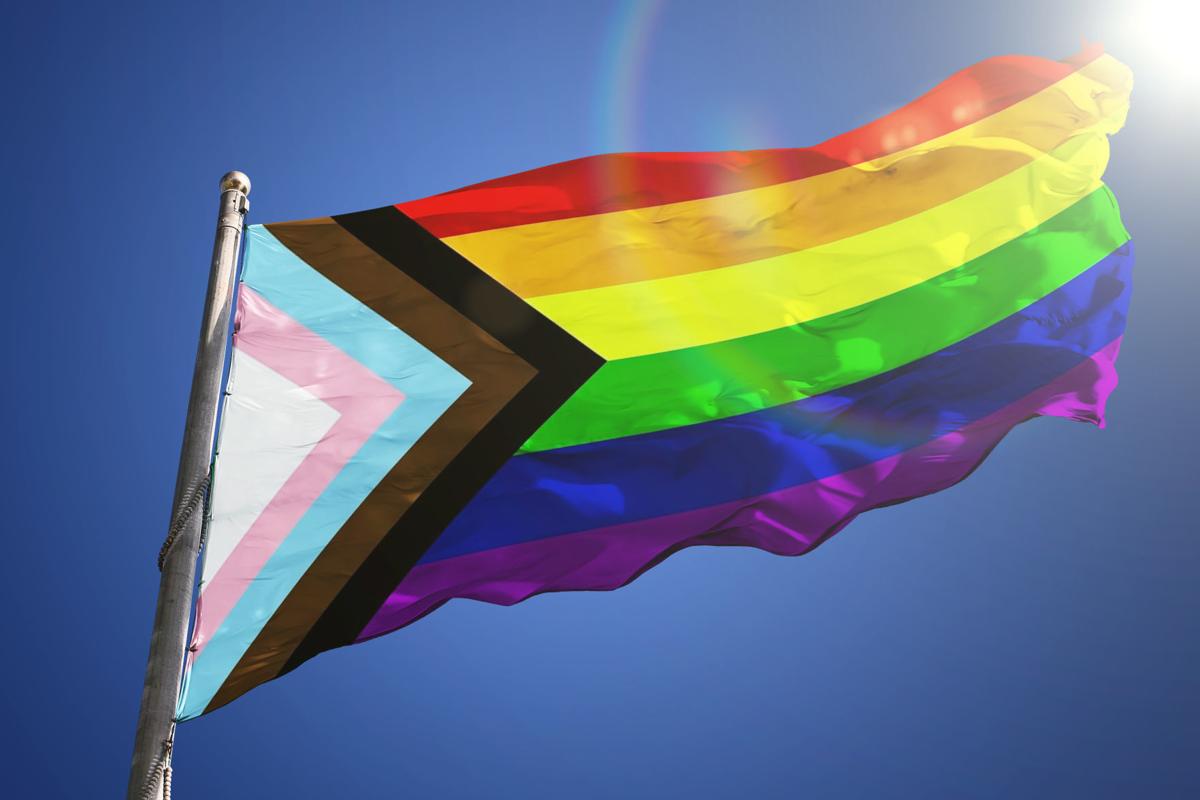Each individual bears different sets of identities that make them who they are. We asked York students who are both people of colour and a part of the LGBTQ+ community about their multifaceted experience at York.
For Eve Blondeau, it was her First Nations teacher in high school teaching about what two-spirit was that helped her discover her own queer identity. “There was a lot of overlap there like two-spirit in the Indigenous cultures,” says Blondeau, an Indigenous trans woman and fourth-year theatre student. Two-spirit is an umbrella term from the Indigenous cultures that encompasses sexuality, gender, and/or spiritual identity.
For others, the experience of being queer and a person of colour can be quite separate. York alumni Dre Rivas, who is a bisexual Latina, says: “I feel like I’ve always treated these parts of my identity as a little separate. Just because I only recently came out, and I haven’t come out to my family either.”
“I feel like I really haven’t gotten a chance to blend the two together in a substantial way,” Rivas adds.
Despite York’s reputation of being a diverse community, many students find they are not being adequately supported in terms of their queer and racial or ethnic identities.
“The university is very much going in the right direction, but there are small occasional hiccups that happen, which should be expected,” Blondeau says. “I remember when I changed my name in my first year back in 2016 — I changed it with the school, but I didn’t change it everywhere. I would still get emails deadnaming me until into my fourth year.”
Deadnaming is the act of using the former name — the dead name, of a trans individual without their consent.
Nevertheless, York has a generally welcoming attitude towards the LGBTQ+ community. Rivas says her experience of coming out at York was relatively smooth. “On the front, being LGBTQ+ and coming out as bi to all my peers, that part was very accepted. All my professors got it instantly, there wasn’t any question or pushback.”
As much as York needs some improvement in supporting students with queer identities, it lacks sensitivity in dealing with racial or ethnic issues. Blondeau reflects on how uncomfortable she felt when taking an Indigenous studies course taught by a white professor, so much so that she ended up dropping the course.
Rivas says she often did not feel seen while studying in the theatre department.
“In regards to being Latina, I pretty much had to force my opportunities to express my own culture — I guess they didn’t see the need for it because the majority of the program was Caucasian,” Rivas says.
For York to be proud of their diversity, they need to be more aware of these sensitive racial and queer issues, and offer resources to truly support all of their students.


